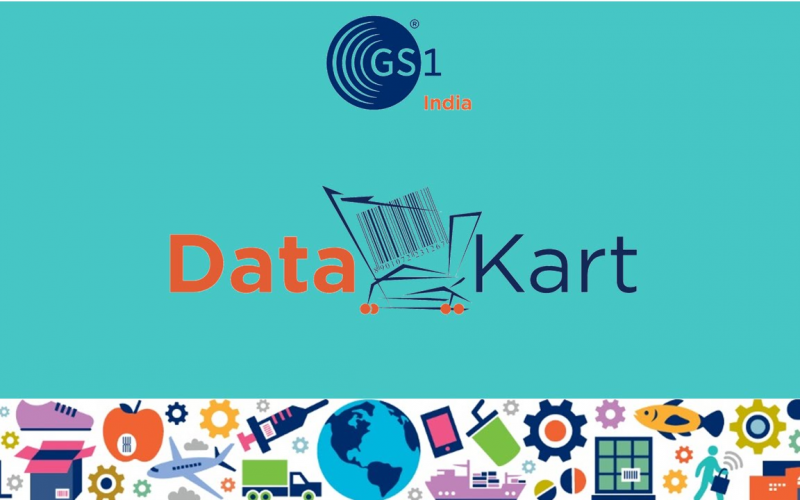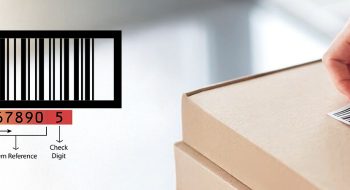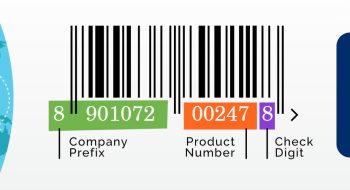Reaching out to customers with accurate product information has never been more competitive and difficult for retailers than today.
This is majorly because of the ever increasing complexity of business processes with ever increasing consumer demands of more and more product information. As we move from single-channel retailing to multi-channel retailing, the need for better and efficient product data management has become critical.
Listing new products as soon as they are launched in the market is critical to ensure that consumers don’t go back without making sales. This is directly proportional to a retailers/e-tailers’ ability to quickly receive and update information on new products from several suppliers and present it to retail shoppers as per the requirement of the retailing channel, ensuring seamless shopping experience.
However, in the real world scenario, most of this product information is compromised (and lost to some extent) in the process of receiving the same from brand owners. This is because there is no one way of sharing information between brand owners and retailers/e-tailers. Information is being shared via multiple communication means including emails, SMSes, web forms, excel attachments, etc. This leads to a great deal of inconsistency in data shared by various suppliers.
However, no more. DataKart – the national repository of information on product attributes, solves this problem to a great extent. DataKart is developed by GS1 India, based on the requirements of the Indian retail industry to ease challenges in data sharing.
Learn more about the DataKart journey
DataKart enables retailers and online marketplaces to receive all the information on products, including product changes and new product introductions from one place, in their required native file format. This means that all they have to do is to view it and update their master item masters in just a few clicks, using DataKart APIs.
To know more, watch the video: https://www.youtube.com/watch?v=5cbN3zJ6ZqM
Even Kirana stores can access complete and updated information, which is directly populated by brand owners at DataKart, using Point of Sale service providers. This happens since point of sale solution providers are increasingly using information from DataKart.
With DataKart, manufacturers can also directly connect with its consumers through Smart Consumer mobile app (Android & IOS) which enables them to share detailed product information to its consumers which is not clear on the package by scanning the GS1 barcode numbers (GTINs) so that they can make informed purchase decisions.









